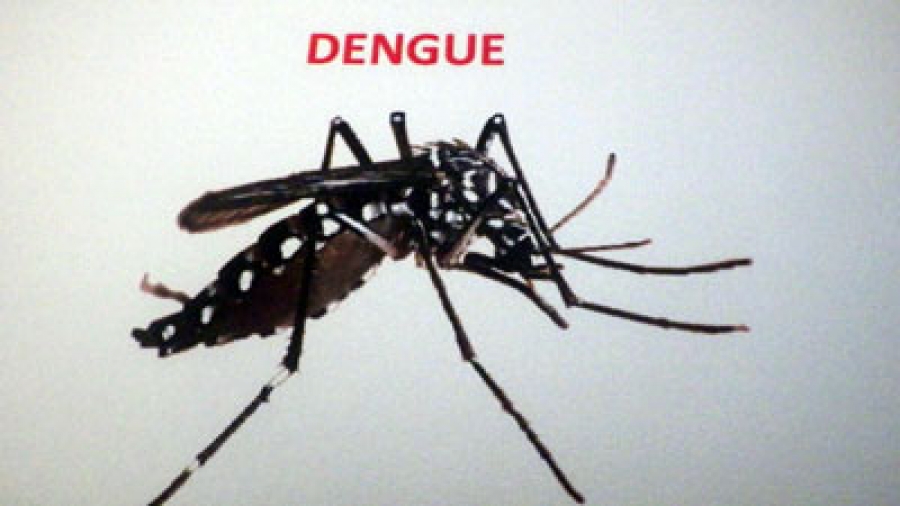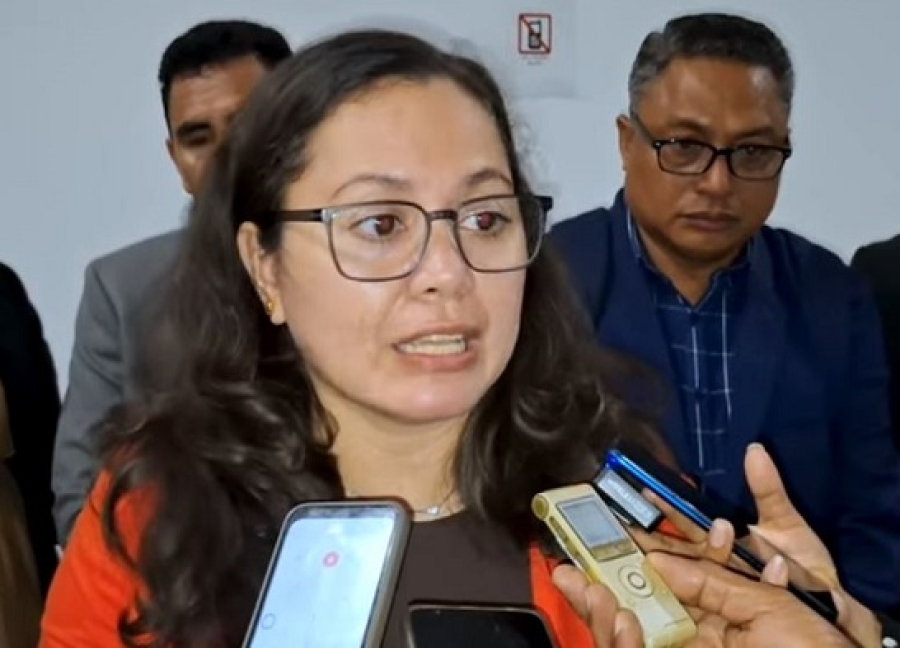The highest proportion of cases are in the Dili municipality where 200 children have been diagnosed with the disease. And the explosion is also being reported in Liquicia and Oecusse.
Dengue is a mosquito-borne viral disease, that has been spreading rapidly over the past few years.
Five years ago, 160 dengue cases were recorded in Timor-Leste in the first two months, according to statistics from the Red Cross of Timor-Leste.
Health experts warn that the true number of cases are much higher. There are four strains of dengue, including the most life-threatening, haemorrhagic dengue.
But only patients with severe cases end up in hospitals, from where the government collects data. There are also multiple strains of the virus circulating, that increase risk of transmission.
The dengue season in Timor-Leste is getting longer thanks to later rain and poor prevention practices to stop breeding of mosquitos.
The Aedes mosquito that causes dengue thrives in wet conditions. It can lay its larvae in just a few centimetres of water.
People living in urban areas that do not cover drinking water containers, or that live close to open sewerage or flood water, create perfect conditions for the mosquitos to thrive and the disease to spread.
António de Sá Benevides, from the United Party for Democratic Development Forum (PUDD), urged the Ministry of Heath to help people during discussion in National Parliament on Monday.
Benevides called for better public awareness about wearing insect repellent, sleeping under mosquito nets and disposing garbage and covering water to prevent mosquitos breeding.
"This is very dangerous for our people,” Benevides said.
Symptoms of dengue disease include severe headaches, muscle and joint pain.







